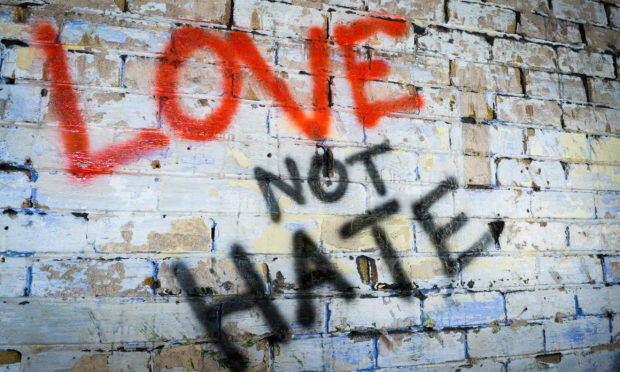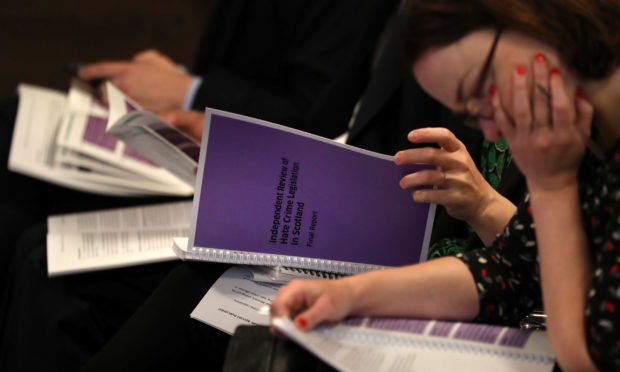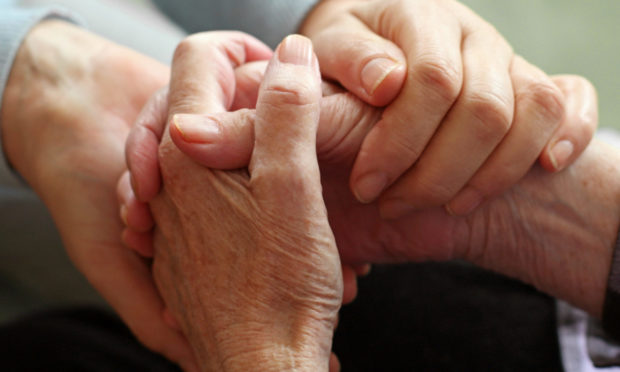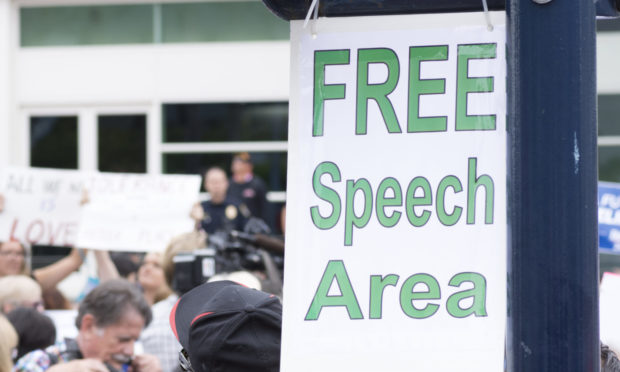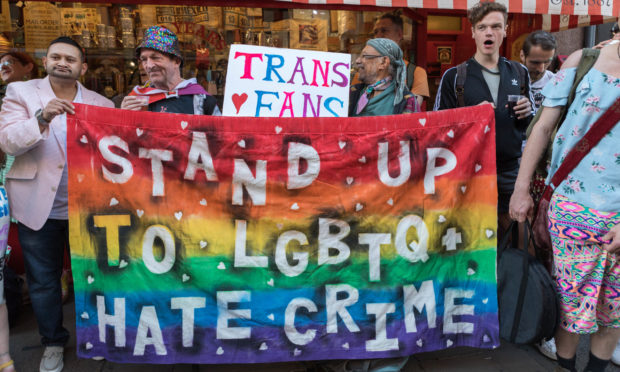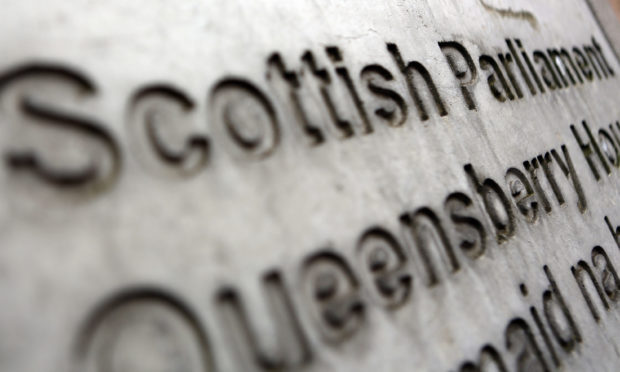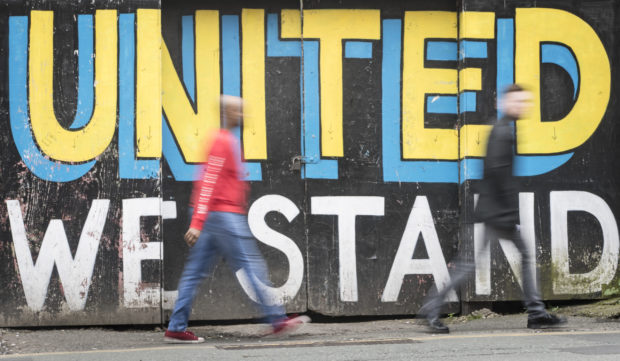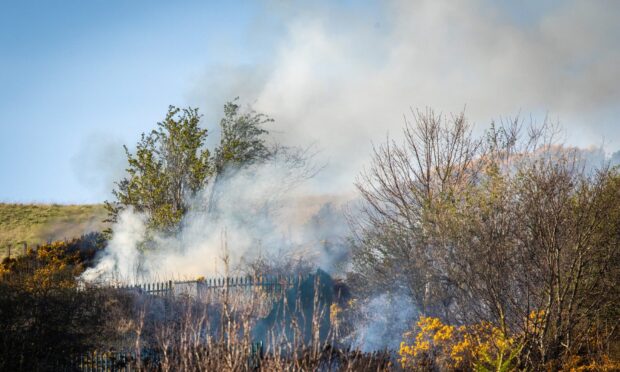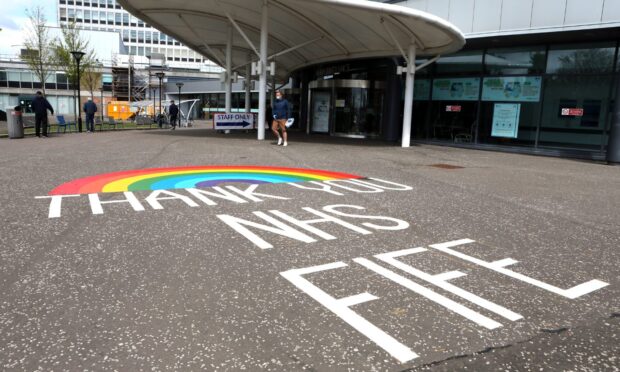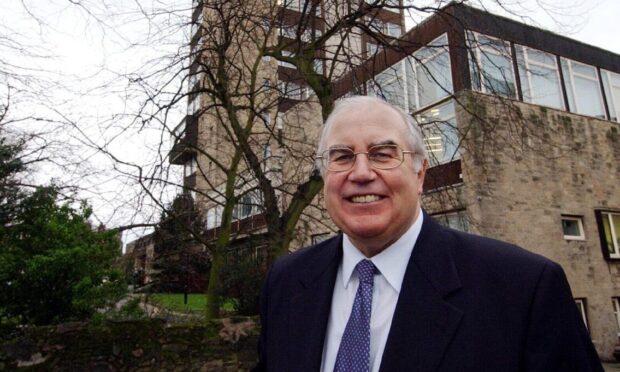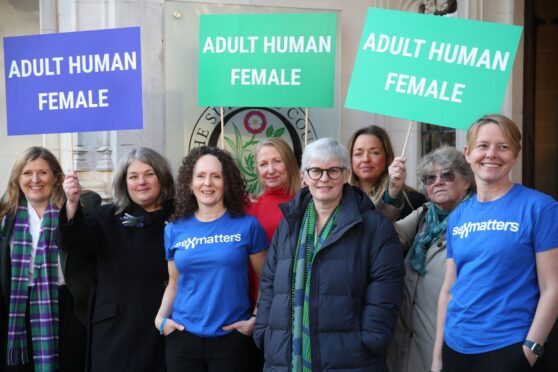A justified emphasis on tackling the coronavirus pandemic has meant issues that would ordinarily have formed major talking points for society have been pushed to the sidelines.
Scotland’s new Hate Crime Bill, which aims to give greater protection for victims, has attracted slow but growing interest from a variety of groups and individuals, since being introduced to the Scottish Parliament at the height of the pandemic on April 23.
Its proponents, led most notably by Justice Secretary Humza Yousaf, argue the new Bill would form an “important milestone” and shows a determination to ensure Scotland is a place where there is “zero tolerance” of such offences.
In a piece penned as part of our series examining the new legislation, Mr Yousaf said he has himself been on the “sharp end of bigoted abuse” and knows the “hugely damaging impact it can have”.
Age Scotland is among the charities that support the new measures – which extend protections to cover elder abuse – with the hope that the marginalised groups they represent will be afforded greater protections and have increased confidence to report incidents.
However, the proposed legislation is not without staunch critics too, whose main bone of contention rests with the bill’s expansion of the ‘stirring up hatred’ offence, to cover not just race, as is currently the case, but also six other protected groups, including religion.
Those unhappy about aspects of the legislation, who include figures such as former SNP deputy leader Jim Sillars and leading QC Roddy Dunlop, newly-appointed dean of the Faculty of Advocates, believe the legislation is cast too wide and could impede free speech.
Others, including Conservative MSP Murdo Fraser and chair of the Scottish Newspaper Society, John McLellan, have pointed to recent examples, including the experience of Harry Potter author JK Rowling, claiming she could conceivably “find herself in the dock” over comments about transgender issues under the new laws.
If the proposals become law, individuals could face up to a maximum of seven years in jail on conviction.
We also take a look at the most up to date data, released last month by the Crown Office, which shows hate crimes rose in the last year across Scotland, with homophobic crime at its highest level in both Aberdeen and Dundee.
And we speak to Scottish women’s groups who have pushed for a standalone offence of misogynistic harassment to be created, with the Scottish Government committing to the move “in principle” and setting up a working group to advance its aims.
As the Scottish Government prepares to close its call for views on the new proposals on July 24, it seems likely the debate is just beginning.
